EQUITY TOOLKIT
Startup valuation methods
Early stage valuations, before Series B are very subjective. And it's best not to spend too much time on them.There are 4 main methods, and you can so several of them too, and weight them.
Current revenue multiplier
Annual recurring rev (ARR)
a) multiply by 6 to 8
Annual non-Saas Rev(AR)
b) multiply by 1 to 2
= Valuation (a + b)
Applies to revenue generating businesses
a) multiply by 6 to 8
Annual non-Saas Rev(AR)
b) multiply by 1 to 2
= Valuation (a + b)
Applies to revenue generating businesses
Valuation by stage
a) Stage
b) Country multiplier
= Valuation (a * b)
Stages
Idea: $500K-$1M
MVP: $1M-$2.5M
Live & Rev: $2M-$5M
Growing Rev: $5M-$10M
High Rev: $10M+
Countries
US*2, Australia*1, Germany*1.5, UK*1.5
SG*1.5
b) Country multiplier
= Valuation (a * b)
Stages
Idea: $500K-$1M
MVP: $1M-$2.5M
Live & Rev: $2M-$5M
Growing Rev: $5M-$10M
High Rev: $10M+
Countries
US*2, Australia*1, Germany*1.5, UK*1.5
SG*1.5
Future valuation method
a) How much could the company be worth in 5 years
b) Your likely dilution %
c) (a*(1-b))
= Valuation c/10
The aim is to get 10 times return on your money.
b) Your likely dilution %
c) (a*(1-b))
= Valuation c/10
The aim is to get 10 times return on your money.
Berkus method
Sound idea:
_________ x $500,000 +
Prototype:
_________ x $500,000 +
Management team:
_________ x $500,000 +
Strategic relationships:
_________ x $500,000 +
Initial sales:
_________ x $500,000 +
= Valuation
Applies to pre-revenue businesses. For higher sales, multiply by 2
_________ x $500,000 +
Prototype:
_________ x $500,000 +
Management team:
_________ x $500,000 +
Strategic relationships:
_________ x $500,000 +
Initial sales:
_________ x $500,000 +
= Valuation
Applies to pre-revenue businesses. For higher sales, multiply by 2
20% method: The best way to value your equity is the 20% method. How much capital do you need to reach the next round? That amount equals 20% of your equity. Of course this needs to be within reason, so do some homework.
Ask around: Read up, ask around, look at trends, see how you fit in the box, it isn’t exact and can be sorted out
Don’t set the price: talk about how much funding you need, and what you will do with it. Then in discussion work towards the 20% method, and talk about relevant deals in the market as a guide.
Ask around: Read up, ask around, look at trends, see how you fit in the box, it isn’t exact and can be sorted out
Don’t set the price: talk about how much funding you need, and what you will do with it. Then in discussion work towards the 20% method, and talk about relevant deals in the market as a guide.
GO BACK TO THE EQUITY TOOLKIT
How to use the startup valuation method and spreadsheet
Jason walks you through the different ways to calculate your startup valuation. Make a copy of the spreadsheet. here.









